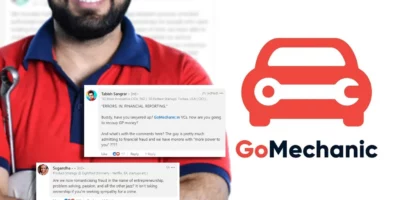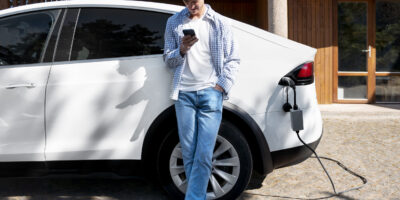Most Unsafe Cars in India

Various organizations and agencies such as the Global NCAP (New Car Assessment Programme), the ASEAN NCAP, and the Euro NCAP conduct safety ratings and evaluations of cars in general. These ratings have revealed that several cars sold in India have poor safety ratings, especially in terms of crashworthiness and structural integrity. It is important to note that a car’s safety depends on various factors such as its design, build quality, safety features, and driving conditions.
Several cars sold in India have poor safety ratings due to various factors such as low-quality build materials, inadequate crash protection, lack of safety features, and poor structural integrity. Among the reasons why these cars are considered unsafe, some are as follows:
- Poor build quality: Some cars are made with low-quality materials, which makes them vulnerable to damage in the event of a crash. This can result in serious injuries to passengers.
- Lack of safety features: Many cars sold in India lack essential safety features such as airbags, ABS (anti-lock braking system), and EBD (electronic brakeforce distribution), which can greatly elevate the risks of injuries in the event of a crash.
- Poor structural integrity: Cars with poor structural integrity are more likely to crumple or collapse in the case of a crash, which can increase the risk of serious injuries to passengers.
- Lack of crash testing: Some cars sold in India have not undergone thorough crash testing, which makes it difficult to analyze their safety ratings.
Some of the cars that have been rated as unsafe by Global NCAP and other agencies in India are:
Maruti Suzuki Alto 800

Critics have criticized this entry-level hatchback for its poor build quality and lack of safety features, despite being one of the most popular cars in India. Although no independent agency has crash-tested the car, its low price and popularity have made it a preferred choice for first-time car buyers. This car lacks safety features such as airbags and ABS and has poor structural integrity.
Renault Kwid

Critics have criticized the Renault Kwid, a popular compact hatchback, for lacking safety features. The Global NCAP conducted crash tests on the car, which resulted in a zero-star rating. The car has been found to have poor structural integrity and is prone to collapse, posing a high risk of injury to passengers due to the absence of airbags and ABS.
Hyundai Eon

The Hyundai Eon is another entry-level hatchback that has been criticized for its poor safety performance. The car has scored zero stars in crash tests conducted by Global NCAP, mainly due to its lack of structural integrity and insufficient airbag protection and ABS.
Tata Nano

People have criticized the Tata Nano for its substandard safety performance despite being touted as the “world’s cheapest car” in the past. The car’s lightweight construction has resulted in numerous accidents that offer little protection to occupants. The Nano lacks safety features such as airbags and ABS, and its poor structural integrity makes it pose a high risk of injury to passengers in crash tests.
Maruti Suzuki S-Presso

The S-Presso has poor structural integrity and lacks safety features such as airbags and ABS.
Datsun Go

The Go has poor structural integrity and lacks safety features such as airbags and ABS. In crash tests, it has been found to pose a high risk of injury to passengers.
Maruti Suzuki Celerio

The Celerio has poor structural integrity and lacks safety features such as airbags and ABS.
Tata Zest

The Zest has poor structural integrity and lacks safety features such as airbags and ABS.
Conclusion
The model and year of production of a car can affect its safety ratings. Other countries have stricter car safety standards than India, where many cars are not subject to independent crash testing. Therefore, car buyers in India should research and consult reliable sources before purchasing a car. It is also important to follow all safety protocols and driving regulations to ensure safety on the road. When buying a car, it is advisable to look for essential safety features such as airbags, seat belts, good crash protection, ABS, and EBD. Choosing a car that has undergone thorough crash testing and has high safety ratings is crucial, as well as following all safety protocols and driving regulations to ensure safety on the road.


